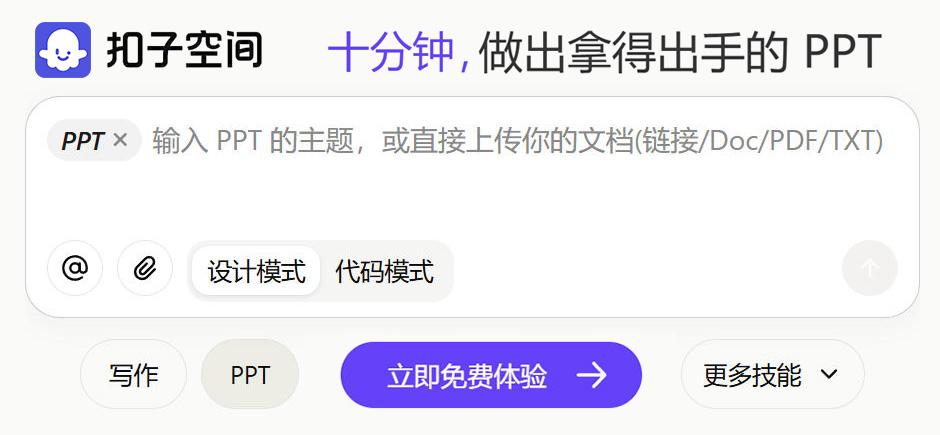In the ever-evolving landscape of music creation, the integration of artificial intelligence (AI) has opened new frontiers, particularly in the realm of music generation. One of the most intriguing applications of AI in this space is AI music generation, where algorithms not only analyze existing musical structures but also generate novel compositions that reflect a blend of style, emotion, and technical precision. At the heart of this innovation lies the prompt—a carefully crafted instruction that guides the AI to produce music that aligns with the desired aesthetic and intent.
AI music generation is not a mere replication of existing sounds; it is a creative process that leverages vast datasets of musical data to learn patterns, harmonies, and rhythms. This allows the AI to generate music that is both original and contextually relevant, often surpassing human composers in speed and scalability. For instance, a user can input a specific prompt—such as “A dramatic orchestral piece with a haunting melody and a pulsating rhythm”—and receive a composition that is both emotionally resonant and technically sophisticated.
The key to successful AI music generation lies in the precision of the prompt. A well-crafted prompt should include:
- Emotional tone: Whether the music is upbeat, melancholic, or dramatic.
- Genre: Such as classical, rock, or electronic.
- Instrumentation: Including specific instruments or sound effects.
- Rhythm and tempo: The speed and flow of the music.
- Style and mood: The overall aesthetic and atmosphere.
These elements work together to create a cohesive and meaningful composition. For example, a prompt like “A haunting, cinematic score with a soft piano melody and a slow, atmospheric drum pattern” would likely result in a piece that evokes a sense of mystery and drama.
In addition to the prompt itself, the training data used by AI models is crucial. These models are trained on a diverse range of musical styles and genres, enabling them to generate music that is both innovative and familiar. This data includes everything from classical symphonies to modern electronic beats, allowing AI to draw on a wide array of influences and create something uniquely its own.
The use of AI in music generation also brings significant creative benefits. Unlike traditional methods, which may be limited by the creator’s skillset or time constraints, AI can process and generate music at a scale and speed that would be impossible for a human to achieve. This makes AI a powerful tool for composers, producers, and artists who want to experiment with new sounds and styles without the limitations of human creatiViTy.
However, the process is not without its challenges. One of the main considerations is authenticity. While AI can generate music that is technically proficient, it may not always capture the emotional depth and nuance that human composers bring to their work. Therefore, it is essential to use AI as a tool rather than a replacement for human creativity. A composer might use AI to generate a foundation or a specific section of a piece, then build upon it with their own artistic input.
Moreover, the integration of sound effects and music production tools is another important aspect of AI music generation. Many AI models are designed to work in conjunction with a variety of audio production software, allowing for a more seamless and dynamic creative process. Whether it’s generating a background score, adding effects, or even composing a full track, the combination of AI and traditional music production offers a powerful new DIMension to the creative process.
In conclusion, the prompt in AI music generation is the cornerstone of the creative process. By carefully crafting the prompt, users can guide the AI to produce music that is both innovative and meaningful. As AI continues to evolve, its role in music creation will become even more significant, offering new possibilities for artists and composers alike. The future of music production is not just about technology—it’s about the fusion of human creativity and artificial intelligence.








 津公网安备12011002023007号
津公网安备12011002023007号